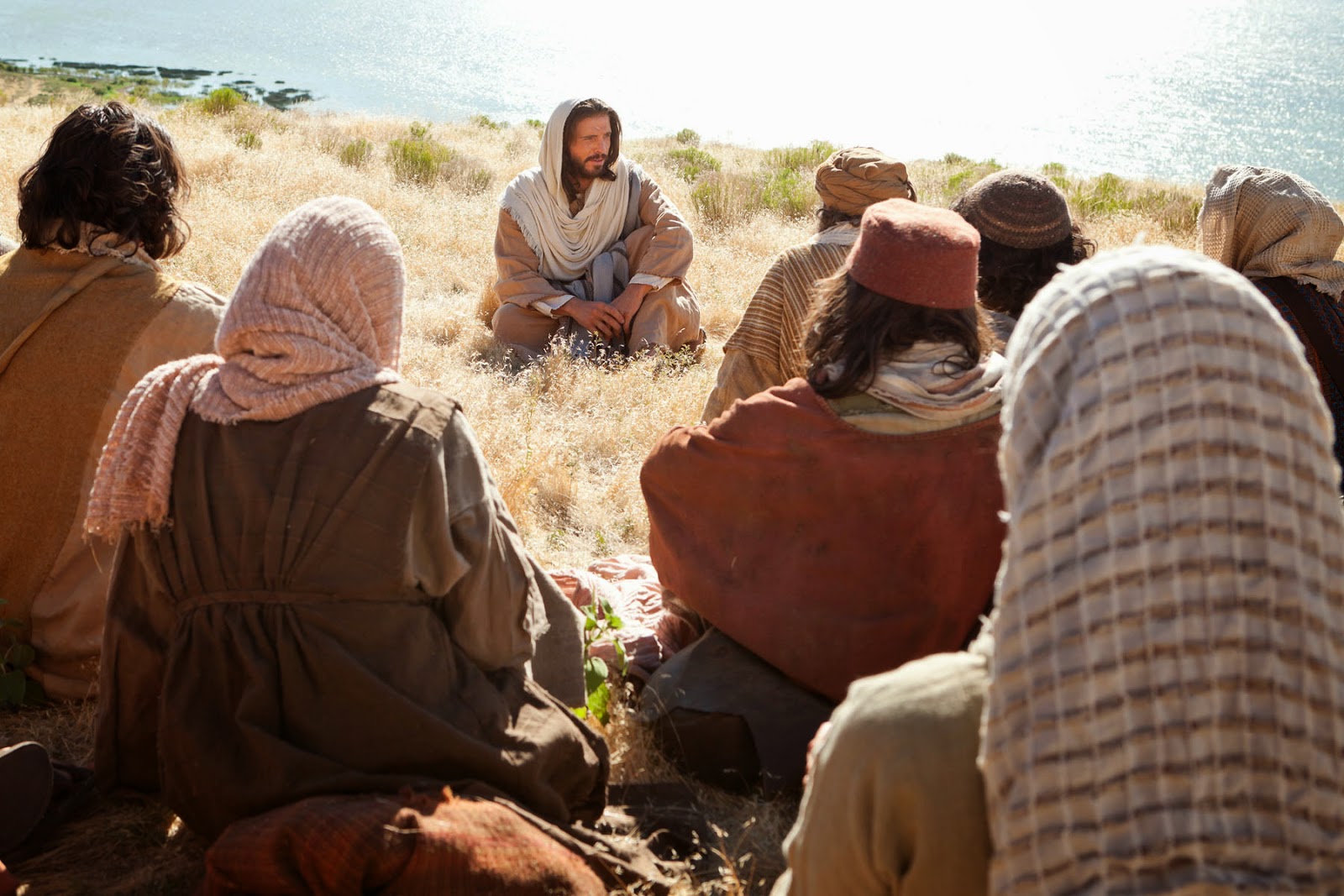(1) Boyd K. Packer – April 1988 –
“Atonement, Agency, Accountability”
“This we know! This simple truth! Had there been
no Creation, no Fall, there should have been no need for any Atonement, neither
a Redeemer to mediate for us. Then Christ need not have been.”
(2) Henry B. Eyring – April 2014 – “Daughters in the Covenant”
“I know that Eve faced sorrows and
disappointments, but I also know that she found joy in the knowledge that she
and her family could return to live with God. I know that many of you who are
here face sorrows and disappointments. I leave you my blessing that, like Eve,
you may feel the same joy that she felt as you journey back home.”
(3) Russell M. Nelson – October 1993 – “Consistency Amid Change”
“Other blessings came to us through the Fall. It
activated two closely coupled additional gifts from God, nearly as precious as
life itself—agency and accountability. We became “free to choose liberty and
eternal life … or to choose captivity and death” (2 Ne. 2:27). Freedom of choice cannot
be exercised without accountability for choices made.”
(4) Dallin H. Oaks –October 1993 – “The Great Plan of Happiness”
“Some Christians condemn Eve for her act,
concluding that she and her daughters are somehow flawed by it. Not the
Latter-day Saints! Informed by revelation, we celebrate Eve’s act and honor her
wisdom and courage in the great episode called the Fall (see Bruce R. McConkie,
“Eve and the Fall,” Woman, Salt Lake City: Deseret Book Co., 1979, pp. 67–68). Joseph Smith taught that
it was not a “sin,” because God had decreed it (see The Words of Joseph Smith,
ed. Andrew F. Ehat and Lyndon W. Cook, Provo, Utah: Religious Studies Center,
Brigham Young University, 1980, p. 63). Brigham Young declared, “We should
never blame Mother Eve, not the least” (in Journal of Discourses, 13:145).
Elder Joseph Fielding Smith said: “I never speak of the part Eve took in this
fall as a sin, nor do I accuse Adam of a sin. … This was a transgression of the
law, but not a sin … for it was something that Adam and Eve had to do!”
(5) Boyd K. Packer – October 1988 – “Funerals—A Time for
Reverence”
“Fall may also describe a change in condition.
For instance, one can fall in reputation or from prominence. The word fall well
describes what transpired when Adam and Eve were driven from the garden. A
transformation took place in their bodies. The bodies of flesh and bone became
temporal bodies. Temporal means temporary. The scriptures say, “the life of all
flesh is the blood thereof.”
(6) Boyd K. Packer – October 1988 – “Funerals—A Time for
Reverence”
“After the transformation of the Fall, bodies of
flesh and bone and blood (unlike our spirit bodies) could not endure. Somehow
the ingredient of blood carried with it a limit to life. It was as though a
clock were set and a time given. Thereafter, all living things moved inexorably
toward mortal death.”
(7) Dallin H. Oaks –October 1993 – “The Great Plan of Happiness”
“Modern revelation shows that our first parents
understood the necessity of the Fall. Adam declared, “Blessed be the name of
God, for because of my transgression my eyes are opened, and in this life I
shall have joy, and again in the flesh I shall see God.”
(8) Russell M. Nelson – October 1987 –
“Lessons from Eve”
“You will recall that after the earth had been
created, divided, beautified, and inhabited with plant and animal life, the
crowning achievement of the Creation was to be man—the human being. “So the
Gods went down to organize man in their own image, … male and female to form
they them.”
(9) James E. Faust – October 1999 – “What It Means to Be a
Daughter of God”
“We all owe a great debt of gratitude to Eve. In the Garden of
Eden, she and Adam were instructed not to eat of the tree of the knowledge of
good and evil. However, they were also reminded, “Thou mayest choose for
thyself.” 9 The choice was really between a continuation of their
comfortable existence in Eden, where they would never progress, or a momentous
exit into mortality with its opposites: pain, trials, and physical death in
contrast to joy, growth, and the potential for eternal life.”
(10) Boyd K. Packer – October 2012 – “The Atonement”
“It was understood from the beginning that in
mortality we would fall short of being perfect. It was not expected that we
would live without transgressing one law or another. “For the natural man is an
enemy to God, and has been from the fall of Adam, and will be, forever and
ever, unless he yields to the enticings of the Holy Spirit, and putteth off the
natural man and becometh a saint through the atonement of Christ the Lord.”
Position Statement
The Fall of Adam is key to this earthly
life. There are so many things to be
learned from this seemingly simple, yet life-altering story. I have not yet gone to receive my endowments,
however I do know that The Fall plays a large part in the knowledge received in
the temple, therefore it is vital that we all do what we can to increase our
knowledge in this subject. The Fall is
not just another story in a book. It is
an event that made our existence possible.
Adam and Eve made a decision to Fall not for the sake of sinning, but to
fall for their family. They fell for us.


